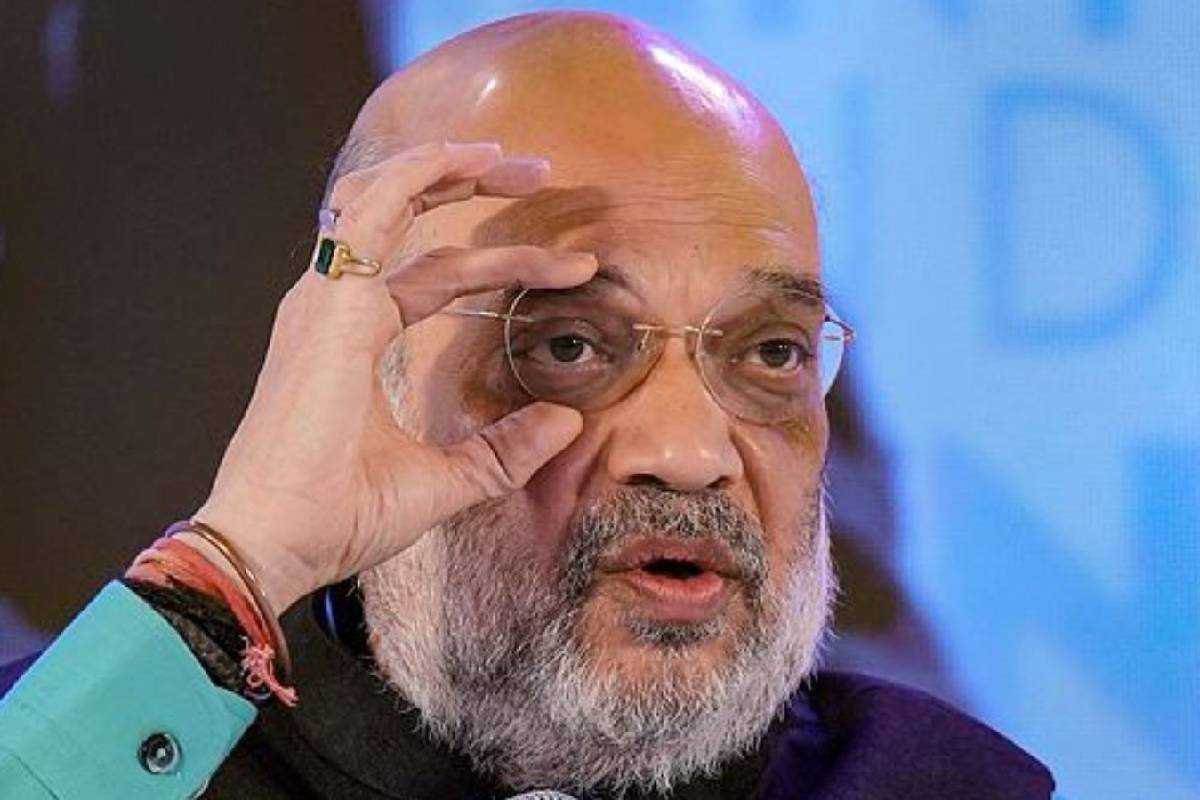NEW DELHI: On Saturday, the government announced that the three novel criminal statutes, namely the Bharatiya Nyaya Sanhita, the Bharatiya Nagarik Suraksha Sanhita, and the Bharatiya Sakshaya Act, will be enforced starting July 1.
These laws, intended to replace the Indian Penal Code (IPC), Code of Criminal Procedure, and Evidence Act, signify a comprehensive reform of the outdated British-era legal framework.
They provide precise delineations of terrorism, eliminate sedition as a criminal offense, and introduce a new category labelled “offences against the state,” alongside numerous other alterations.
Also Read: Prince Lakshyaraj Singh Mewar on royal legacy, Udaipur affection & BJP’s resurrection | EXCLUSIVE
The inception of these three bills dates back to the Monsoon session of Parliament in August 2023. Following extensive deliberations and recommendations from the Standing Committee on Home Affairs, revised editions were presented during the subsequent winter session.
Home Minister Amit Shah affirmed that the bills were meticulously crafted after comprehensive consultations, with his personal scrutiny extending to every detail of the drafts.
The Bharatiya Nyaya Sanhita, 2023
This supplants the IPC of 1860. While the offense of sedition has been removed, a new provision has been included to penalise secessionism, separatism, rebellion, and actions against the sovereignty, unity, and integrity of India.
Capital punishment has been prescribed for gang rape offenses committed against minors and for incidents of mob lynching. Community service also has been introduced as a novel form of punishment for the first time.
Also Read: Undoubtedly descendant of Lord Ram: Udaipur prince ahead of Ayodhya temple launch | EXCLUSIVE
The death penalty is mandated for gang rape involving minors and for mob lynching. Furthermore, community service has been introduced as a novel punitive measure for the first time.
The Bharatiya Nagarik Suraksha Sanhita, 2023
This supersedes the Code of Criminal Procedure from 1973. It mandates a time-bound investigation, trial, and issuance of judgment within 30 days following the conclusion of arguments.
Video recording of the testimony provided by victims of sexual assault is now obligatory. A fresh provision has also been introduced for the confiscation of property and proceeds derived from criminal activities.
Bharatiya Sakshya, 2023
This supersedes the Indian Evidence Act of 1872. Evidence admissible in court will now encompass electronic or digital records, including emails, server logs, computers, smartphones, laptops, SMS messages, websites, locational data, and messages stored on devices.
All records, including case diaries, FIRs, chargesheets, and judgments, will be digitised. Electronic or digital records will hold equivalent legal status, validity, and enforceability as their paper counterparts.

